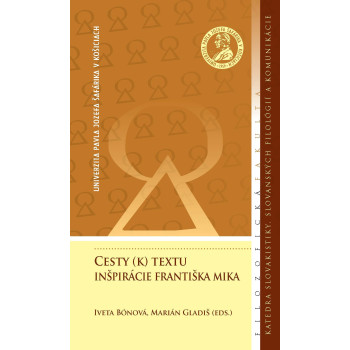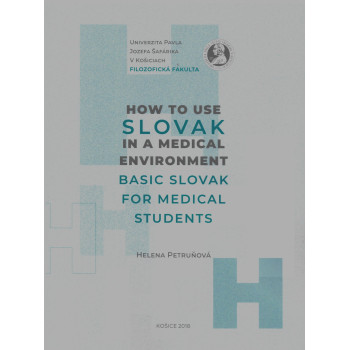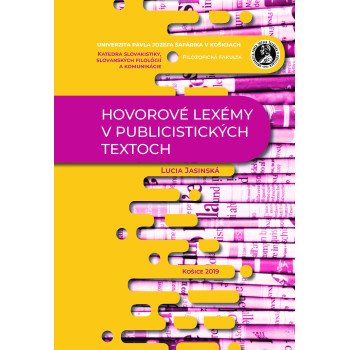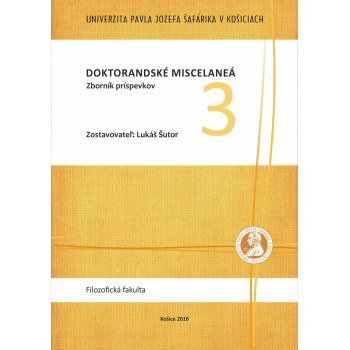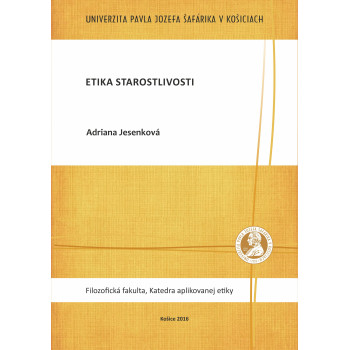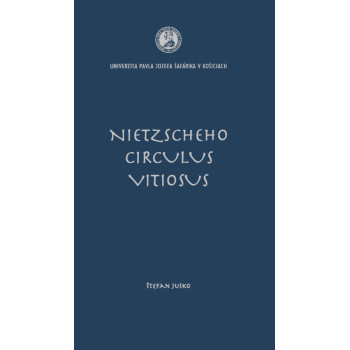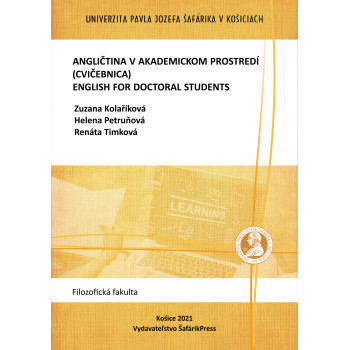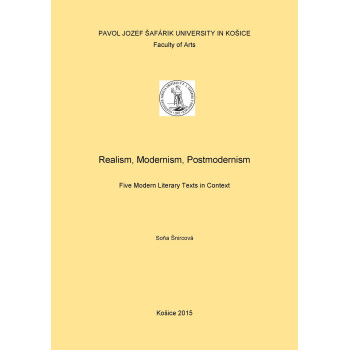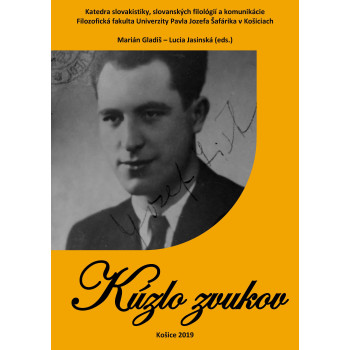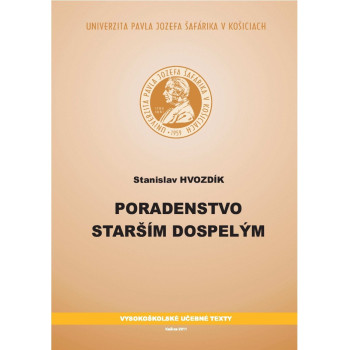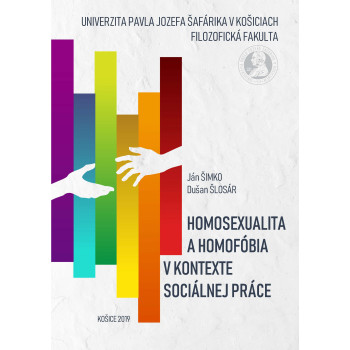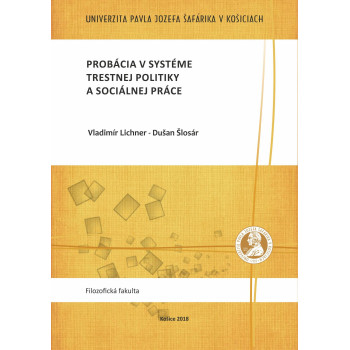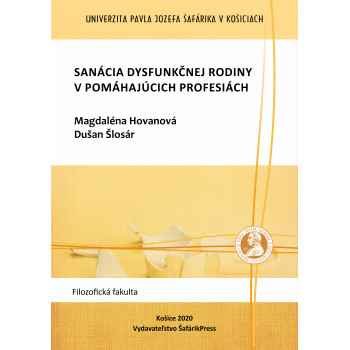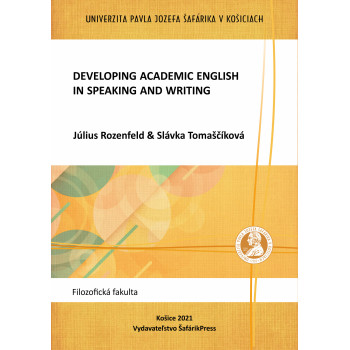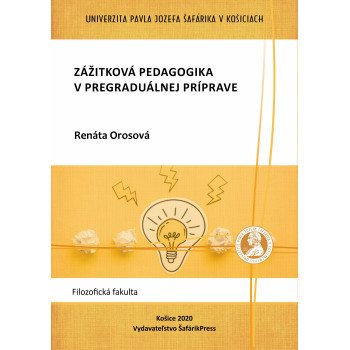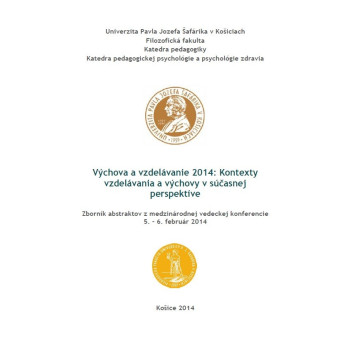
Cesty (k) textu. Inšpirácie Františka Mika
E-book
Iveta Bónová - Marián Gladiš (eds.)
About the personality of university professor František Miko, DrSc., much has rightly been written, especially after 1989. Indeed, anyone involved in language and literature, at least within the geographical scope of the West Slavic region, is familiar with his work, particularly his brilliant expressive conception of style.
Our ambition in the introduction of this presented collection is not to substitute a dictionary of linguists, nor to provide a comprehensive view of his life and professional career. Rather, it is to remind ourselves of an exceptional individual—a scientist whose attitude, contributions, and results have influenced and continue to influence not only entire generations of researchers but also scientific thinking as a whole.
In the presented collection, we supplement the characterization contained in the inventively and convincingly formulated title of the obituary The Quiet Revolutionary of Our Science, František Miko, with a set of thematically diverse contributions (from the fields of style, sound, translation studies, phraseology, didactics...) dedicated to this significant figure of Slovak science on the occasion of what would have been his ninety-fifth birthday.



